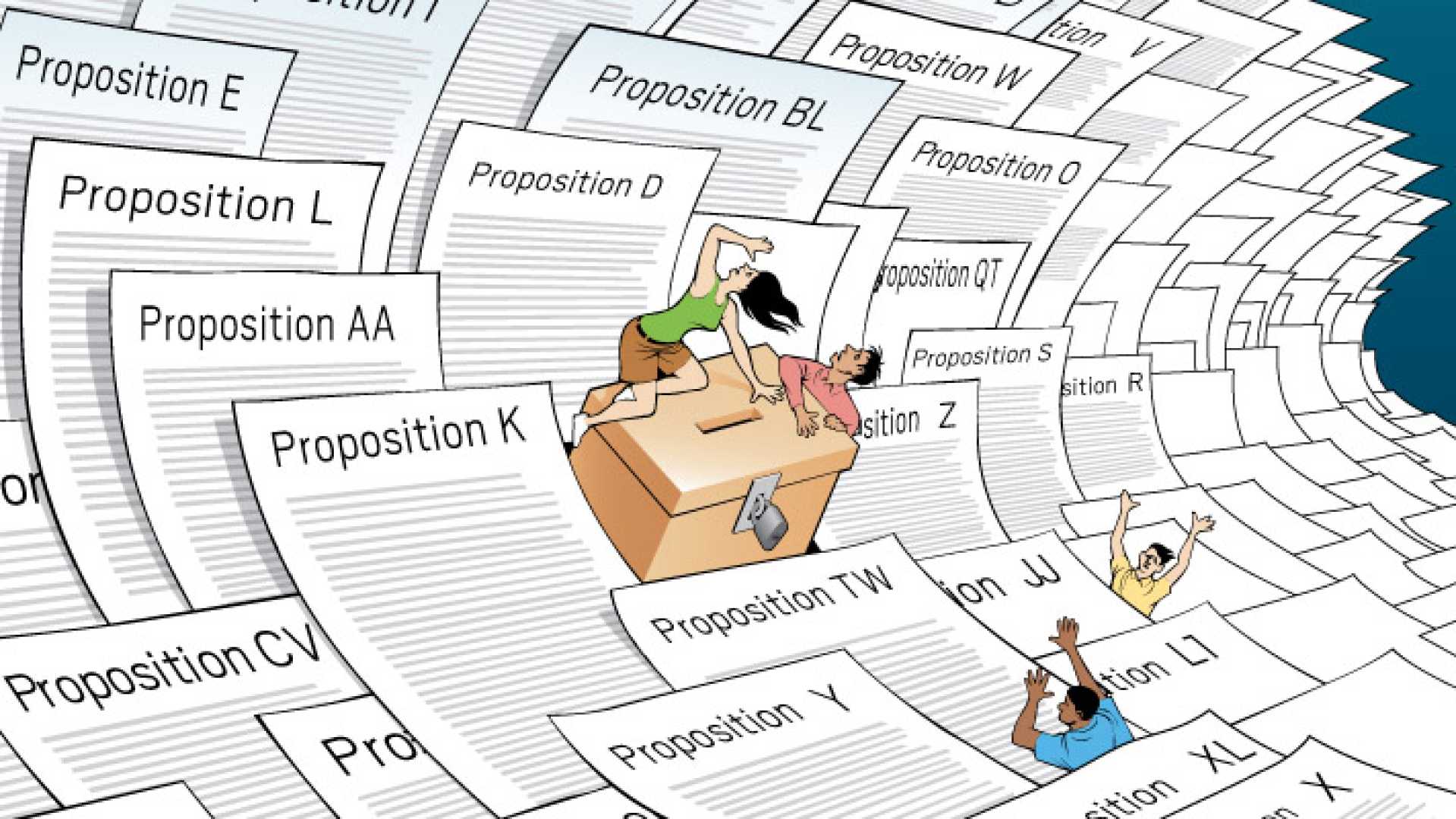News
California Voters Reject Several Progressive Ballot Measures in 2024 Election

In the 2024 California general election, voters have delivered mixed results on the state’s ballot propositions, challenging the traditional perception of California’s liberal political identity. Despite Vice President Kamala Harris securing California’s 54 electoral college votes, the outcomes of various ballot measures revealed a more complex voter sentiment.
One of the notable rejections was a measure aimed at increasing the minimum wage to $18, which failed to gain majority support. This outcome was surprising given California’s historical lean towards progressive policies.
Voters also rejected Proposition 6, which sought to ban ‘involuntary servitude’ as punishment for a crime. Proponents of the measure argued it was necessary to end what they described as modern-day slavery, but it lacked majority support. A similar measure, however, was on track to pass in Nevada.
Another significant rejection was a measure that would have made it easier for cities to impose rent control and pass local bond measures for affordable housing. This result, along with the approval of Proposition 36, which cracks down on criminal sentencing for theft and fentanyl crimes, suggests a shift in voter priorities towards public safety and economic concerns.
The election also saw the ousting of progressive-leaning prosecutors in Los Angeles County and the Bay Area, further indicating a potential ‘course correction’ in voter attitudes towards crime and economic issues. However, many California Democrats remain undeterred, pointing to the approval of progressive-backed causes such as a historic climate change bond and a measure to extend a tax to fund Medi-Cal as evidence that California remains a liberal bastion.
Experts like Mark Baldassare from the Public Policy Institute of California caution against interpreting these results as a definitive shift to the right, suggesting that voters often approach ballot measures on an issue-by-issue basis and tend to default to ‘no’ due to confusing initiative descriptions.












